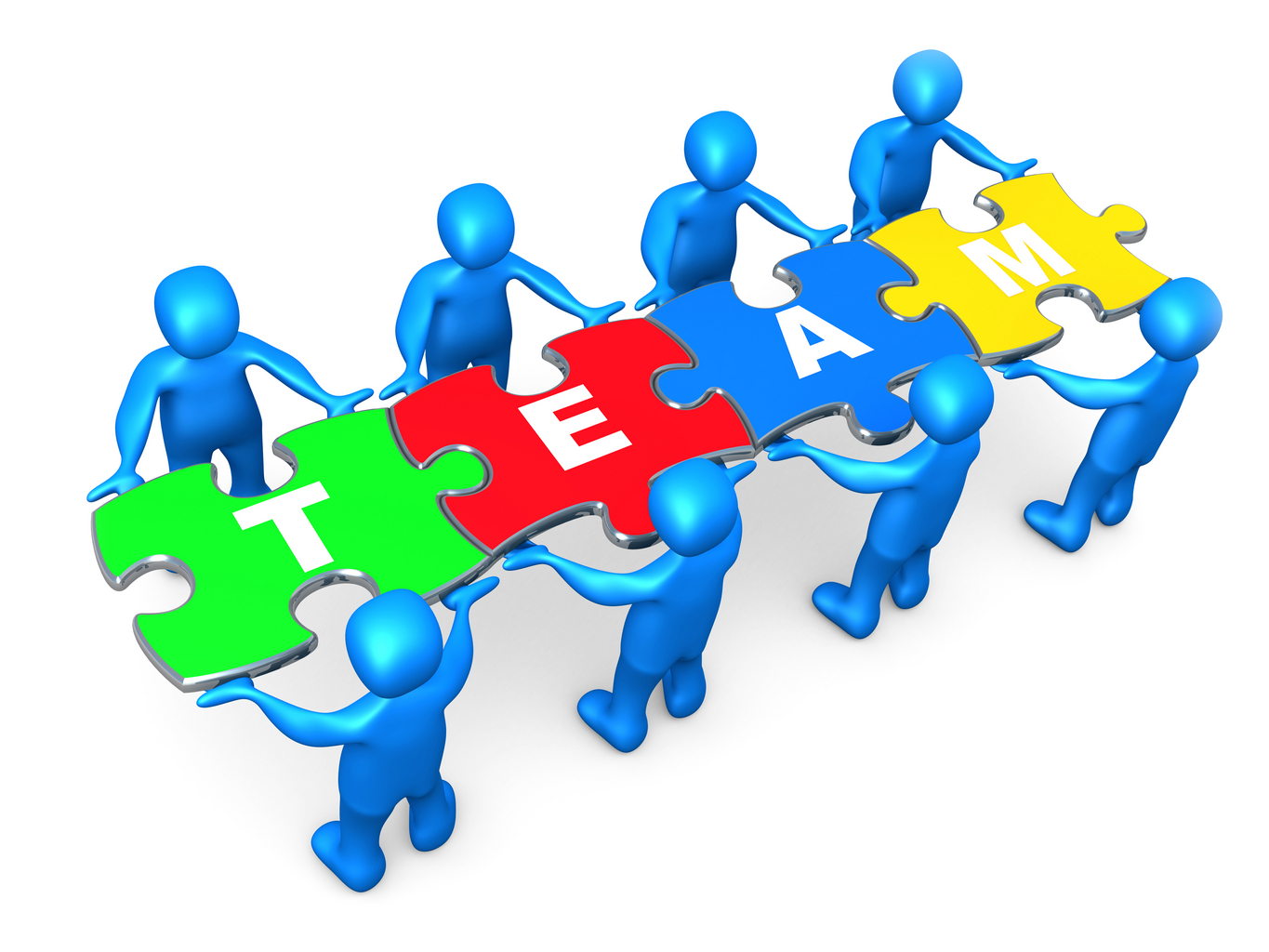Team
Noun – A group of individuals that come together for a cooperative effort, to achieve common goals. A functional family.
 The ECMO Team is definitely a functional family. It exists for a common purpose: to provide the best possible care for an extremely critically ill patient. The team is usually formed out of a larger group of people. Teams have complimentary skills and work through a coordinated effort to achieve the goal. Naresh Jain states “Team members need to learn how to help one another, help other team members realize their true potential and create an environment that allows everyone to go beyond his or her limitations.”
The ECMO Team is definitely a functional family. It exists for a common purpose: to provide the best possible care for an extremely critically ill patient. The team is usually formed out of a larger group of people. Teams have complimentary skills and work through a coordinated effort to achieve the goal. Naresh Jain states “Team members need to learn how to help one another, help other team members realize their true potential and create an environment that allows everyone to go beyond his or her limitations.”
How does that relate to extracorporeal life support? Don’t you just need a physician and a perfusionist? The nurses are already taking care of the patient; and other health care providers are involved. Why do you have to have a defined team – what’s the point?
The difference with ECMO or ECLS is the intensity of care. The level of involvement is different for these patients. The increased risk of dying and the possibility of complications are beyond anything that could happen to an ‘ordinary’ ICU patient. The stress of that can not be highlighted enough. Everyone who has an encounter with that patient will be touched. And everyone who touches the patient should have an advanced knowledge of what is happening.
How do you develop an ECMO Team? Who do you have to have? Who do you want to have?
Well first you have to have a leader. I believe the leader should be a champion for extracorporeal life support. They should be knowledgeable of the inner workings of the institution, the philosophy of medicine that is expounded and how the ICUs work as teams. The leader is going to bring about the beginning of the ECLS program and assure its performance over time, with reproducible results.
The leader will assemble the team – bringing to the table all the disciplines that are required to take care of the patient. The team will include nursing, perfusion, nursing, or respiratory care ECMO Specialists, respiratory, as well as medicine. It will include ancillary personnel such as blood bank, laboratory, radiology, and pharmacy. The leader should also consider how the ECMO patient affects those outside of direct patient care. That may include the administration side with the involvement of the marketing group, the business center and finance. There are so many different aspects of the team and all need to be considered.
How do you bring about the team? That particular feeling of camaraderie? A unique and smooth ability to function under pressure and deal with the issue at hand? I think it begins with education. Providing education to all members of the team assures that everyone is starting from the same point of reference. Leaving out key members of the healthcare team can be disastrous. The ECMO training course is a special event, allowing nurses to work with physicians, perfusionists to work with the new ECMO specialists in a non-stressful environment where all can interact without fear of reprisal. The course is often the first step in building those relationships that become so important at the bedside.
After education, the next step is involvement; in daily patient care, case reviews, team meetings and inservices. Every member has something to contribute or, even better, to learn from the experiences of others.
Finally, you have to continue to build the relationships. ‘Doing’ ECMO is hard. It can take a great big chunk of your professional life and spirit. Building up the people that take care of those sick patients will only make them better caregivers. Remember to involve them in the celebrations. Celebrate the milestones: the number of patients completed, the anniversary of the program; and of course, the amazing success stories. The patient survival stories are what sustain caregivers. The stories help to reignite the passion of the team’s goals. I would encourage teams to stay in touch with their patients. Have a reunion. Seeing the smiles on their faces and hearing their stories is a great moral boost to an ECMO Team.
So go forth and build a great team! Take care of your ECMO patients as a team – and you will have great success!
written by: Micheal Heard, Director of Training and Development…ECMOlogist